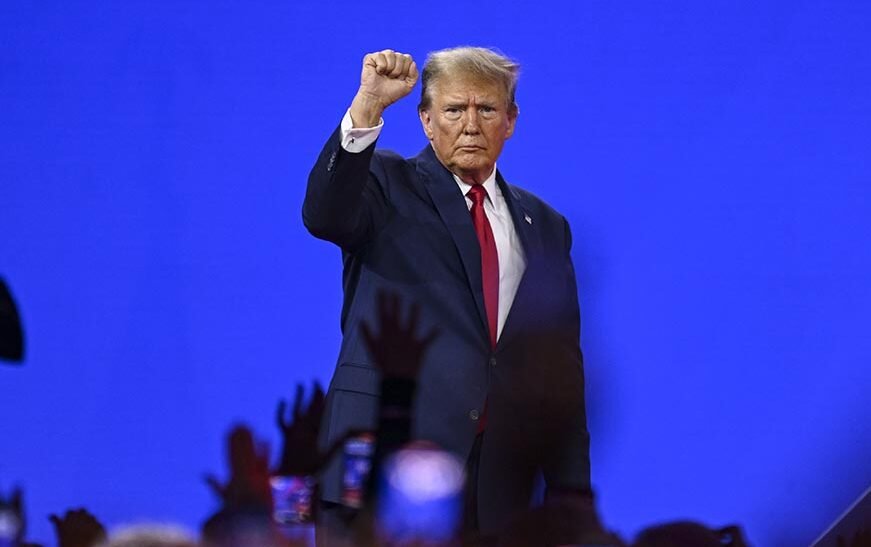Donald Trump’s return to the White House could reshape crypto policy, potentially benefiting not only investors but also extremist groups and terrorist organisations. His promise to loosen restrictions has raised concerns among experts about the misuse of cryptocurrencies for illicit activities.
Crypto-Friendly Policies and Their Risks

Trump’s pro-crypto stance includes appointing advocates like Howard Lutnick as commerce secretary and floating the idea of a cryptocurrency “strategic reserve.” While such policies aim to boost innovation, they risk enabling far-right extremists and terrorist groups to use digital currencies to fund their activities. These groups favour crypto for its anonymity and evasion of traditional financial oversight.
How Extremist Groups Exploit Crypto
Organisations like the neo-Nazi group The Base and other far-right actors have long used cryptocurrencies for financing. For instance, The Base sought donations in Bitcoin and Monero to purchase paramilitary training supplies, including weapons accessories and drones. Privacy-focused cryptocurrencies like Monero are particularly favoured for their untraceable transactions, making it easier to avoid detection.

Experts warn of a steady increase in terrorism cases involving cryptocurrency. Jessica Davis, a consultant on terrorist financing, highlights that insufficient regulation could facilitate fund transfers for extremist activities. Groups like Hamas and accelerationist movements view cryptocurrency as both a means of survival and a tool for destabilising societal structures.
Private Sector and Regulatory Gaps
The private sector has been criticised for failing to curb extremist financing in the crypto space. Unlike traditional crowdfunding platforms, cryptocurrency wallets are harder to deplatform, allowing extremist groups to solicit funds for propaganda, equipment, legal defence, and more. Analysts stress that without proper oversight, these gaps could widen under Trump’s relaxed approach.
While cryptocurrency holds potential for legitimate innovation, its darker applications underline the need for balanced regulation to safeguard against misuse.



















































